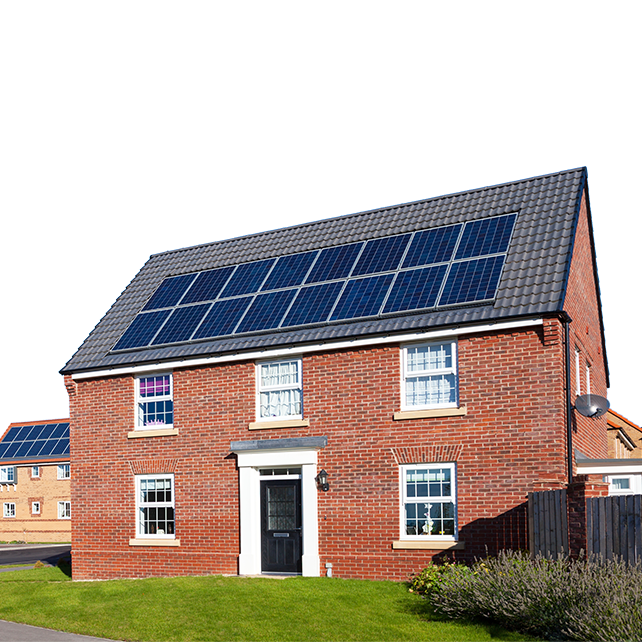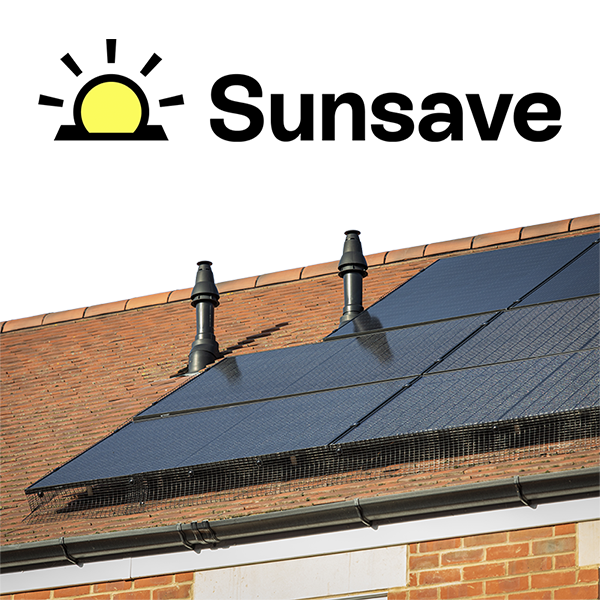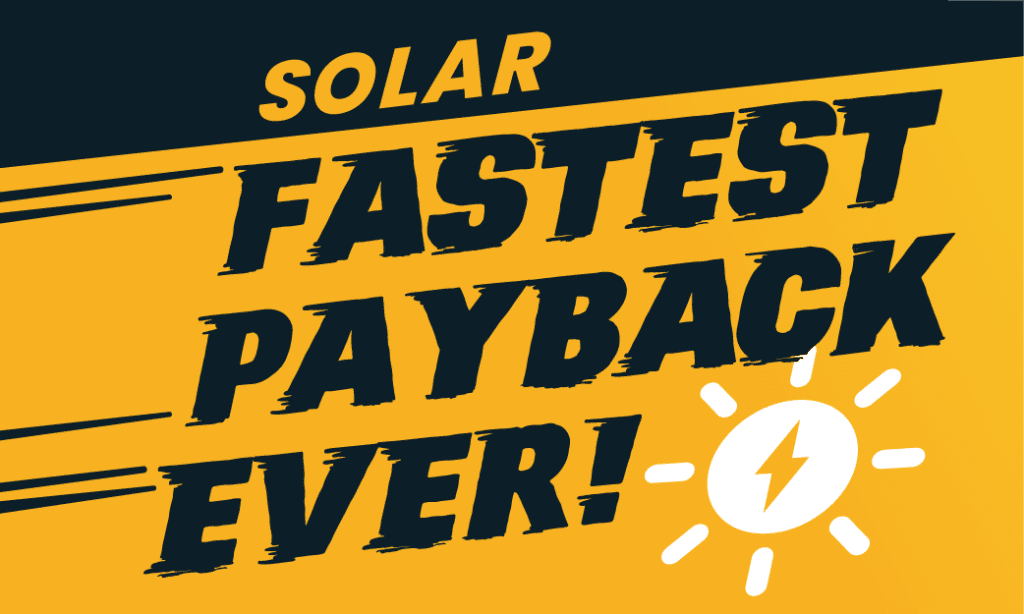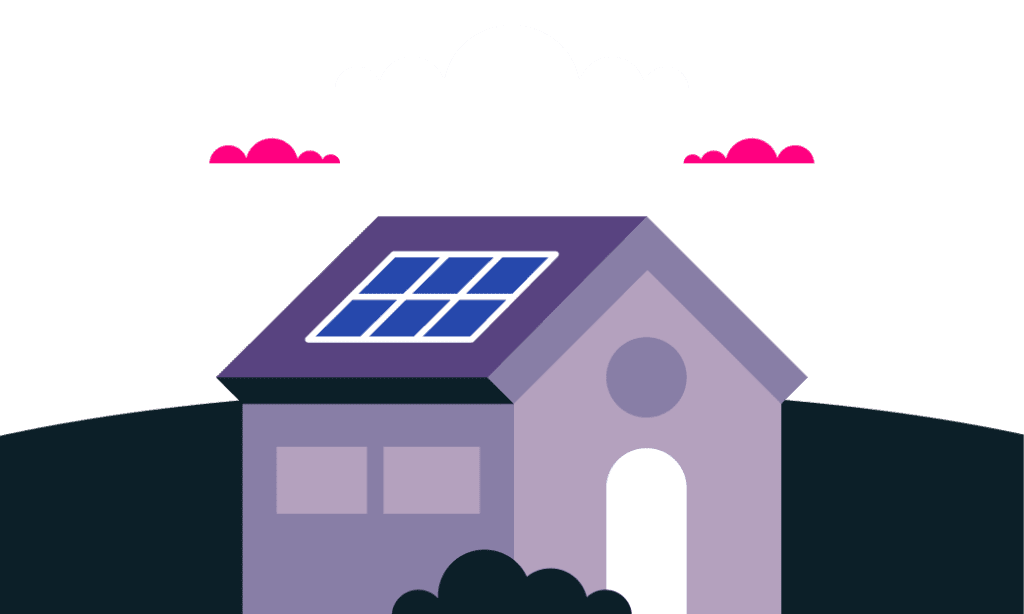Home Batteries: Savings Beyond Solar
Let’s delve into why you should consider investing in a home battery system, explore the potential savings it offers, and learn how to embark on your home battery journey.
Home ▸ Solar Panels ▸ Home Battery
Contents:
-
What is a Home Battery?What is a Home Battery?
-
Why Install a Home Battery?Why Install a Home Battery?
-
The Savings From a Home BatteryThe Savings From a Home Battery
-
Why Install a Home Battery with Solar Panels?Why Install a Home Battery with Solar Panels?
What is a Home Battery?
A home battery is a rechargeable energy storage system that allows households to store electricity for later use, providing greater energy independence and flexibility.
As renewable energy takes center stage, stand-alone home batteries are rapidly becoming essential components of modern, sustainable homes. With the recent removal of VAT on stand-alone battery installations, investing in this technology is more affordable than ever, offering homeowners a faster return on their investment.
Contrary to popular belief, the benefits of home batteries extend far beyond just pairing them with solar panels. Even without solar, integrating a stand-alone battery system can unlock substantial savings and heighten your energy independence.
Why Install a Home Battery?
You’ve Got Solar Panels: Amplify Your Solar Generation. For homeowners with an existing solar panel installation, coupling it with a home battery ensures efficient storage of your generated electricity. Traditionally, surplus solar energy which isn’t immediately used is fed back into the grid. But, with a battery you can store excess energy for use during peak times when energy costs are higher, or during the evenings when your solar panels won’t be generating energy. This reduces how much electricity you buy from the grid, cutting your energy bills and increasing your self-sufficiency.
You’re on a Time-of-Use Tariff: Benefit from Off-Peak Energy Costs. If you’re on a time-of-use tariff – whether that’s because you have an electric vehicle (EV), you have a heat pump, or you’re on Economy 7 – installing a home battery could work for you. Take advantage of your tariff by charging a home battery during off-peak hours when costs are low and using or exporting your stored energy when prices are higher at peak times. This strategy to optimise your energy consumption has the potential to reduce your energy expenses.


“Installing a home battery is a smart investment for maximising your energy efficiency and savings. By storing excess solar power or charging during off-peak hours, you can significantly reduce your reliance on the grid, lower your energy bills, and increase your energy independence. It’s an effective way to make the most out of your solar panels and manage your energy use more efficiently.”
Expert advice from the Energy Doctor
The Savings From a Home Battery
Get More From Your Solar Panels: Save £600/year.
By strategically managing your solar energy storage with a home battery, you can significantly reduce your electricity bills. Whether you’re on the Feed-in-Tariff or Smart Export Guarantee, a battery can still make financial sense for you.
Feed-in-Tariff example:
Take a home that currently generates 4000kWh per year, uses 1200 kWh and exports 2800 kWh. With an 11 kWh battery, the home could use an additional 1600 kWh of solar energy by storing it in the battery for use in the evenings. The home would buy 1600 kWh less electricity from the grid and save £464 at current price cap levels. Although the home exports less energy, it isn’t penalised if its export payments are based on “deemed export”.
Smart Export Guarantee example:
Take a home that currently generates 4000kWh per year, uses 1200 kWh and exports 2800 kWh. If the home were to use an additional 2000 kWh through the battery then they’d buy 2000 kWh less electricity from the grid and save £580 at current price cap levels. However, this comes at the cost of exporting 2000 kWh less energy to the grid. Depending on the Smart Export Guarantee tariff, this exported power can be worth between £80 and £600.
Get More From Your Time-of-Use Tariff: Save £763/year.
The biggest savings we see are for households that are on an EV tariff – a type of time-of-use tariff. EV tariffs have a cheap overnight period- charging your battery during this time to then use during the day can lead to large savings.
Example:
Octopus Go costs 9p/kWh between 12:30am and 4:30am. Batteries are 90% efficient, so to have 1 kWh of electricity to use at the middle of the day you need to buy 1.1 kWh of electricity overnight, costing 10p/kWh. Compared to the current price cap, this saves 19p/kWh. With an 11kWh battery the household could save up to £2.09/day or £763/year.
Demand Flexibility Scheme: Save £100/year.
Households with a home battery can be paid for offering flexibility to the National Grid by exporting energy during flexibility schemes, such as Loop’s Turn Down and Save scheme. This could add up to savings of over £100/year.


Why Install a Home Battery with Solar Panels?
Solar panels can’t produce energy at night, nor do they store the energy they generate to use at these times. This means that when your panels aren’t producing energy, you must buy it from elsewhere. On top of this, any excess energy generated in the day is exported back to the grid.
That’s where home batteries come in. Batteries make better use of the energy you are generating, by storing the electricity produced in the day for use at another time. So, they increase the suitability and appeal of solar as an energy source.
Install Solar Panels With Loop and Sunsave
Ready to harness the power of the sun and take control of your energy bills? Look no further than Loop and Sunsave for your solar panel installation needs. With our trusted partnership, we’re making solar easy and hassle-free.
From initial consultation to seamless installation, our expert teams ensure a smooth transition to clean, renewable energy. Join countless homeowners who are benefiting from solar!


Related Guides


Is the Payback time for Solar and Battery Shorter Than You Think?
The payback period for solar and battery installation is under 6 years for typical homes. With the panels warranted for up to 25 years and the battery at least 10, it means years of free electricity!


The Economics of Solar
Having solar panels installed is a big step. Or is it? It’s probably cheaper and easier than you think. Weigh up the financial benefits of solar so you can make a decision whether the cost of an installation makes sense for you.


Are Solar Panels Worth It?
Long-term energy security, lower energy bills and reduced household emissions are just some of the reasons why solar is booming. Here’s a roundup of why solar panels are definitely worth considering.









